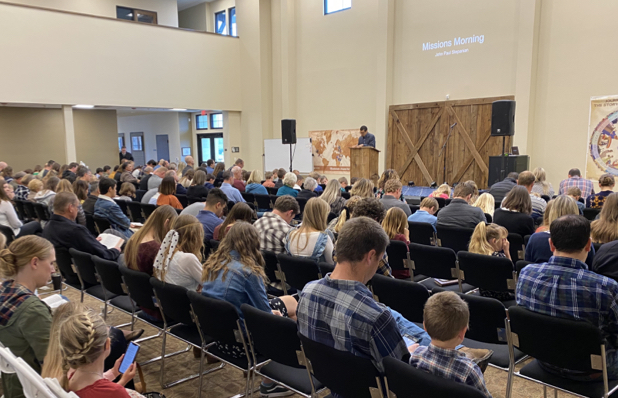Feb 8
2011
Means of Grace: Prayer
There are certain activities within the life of the church that God uses to bring blessing to us. These activities are called “means of grace.†Briefly defined, the means of grace are public and private activities (such as hearing the Word of God and praying) that are gifts or graces (and not law) from God. Before we consider the activities, let us consider the blessing.





